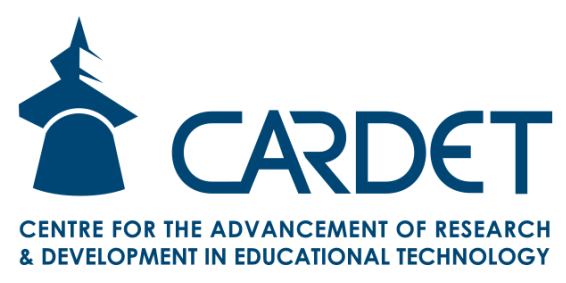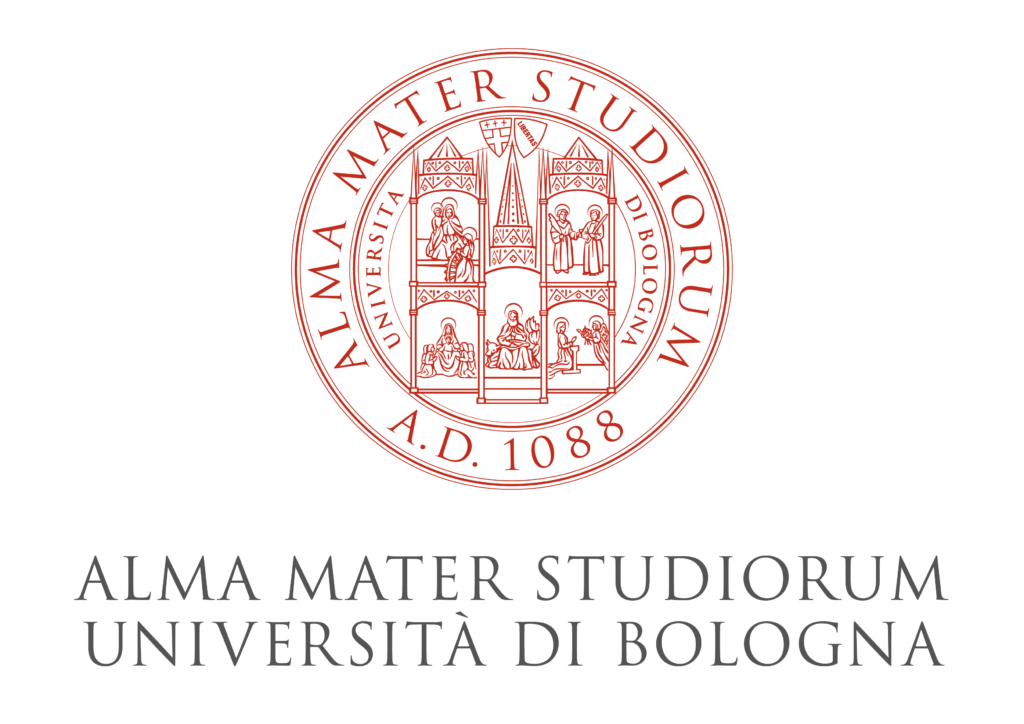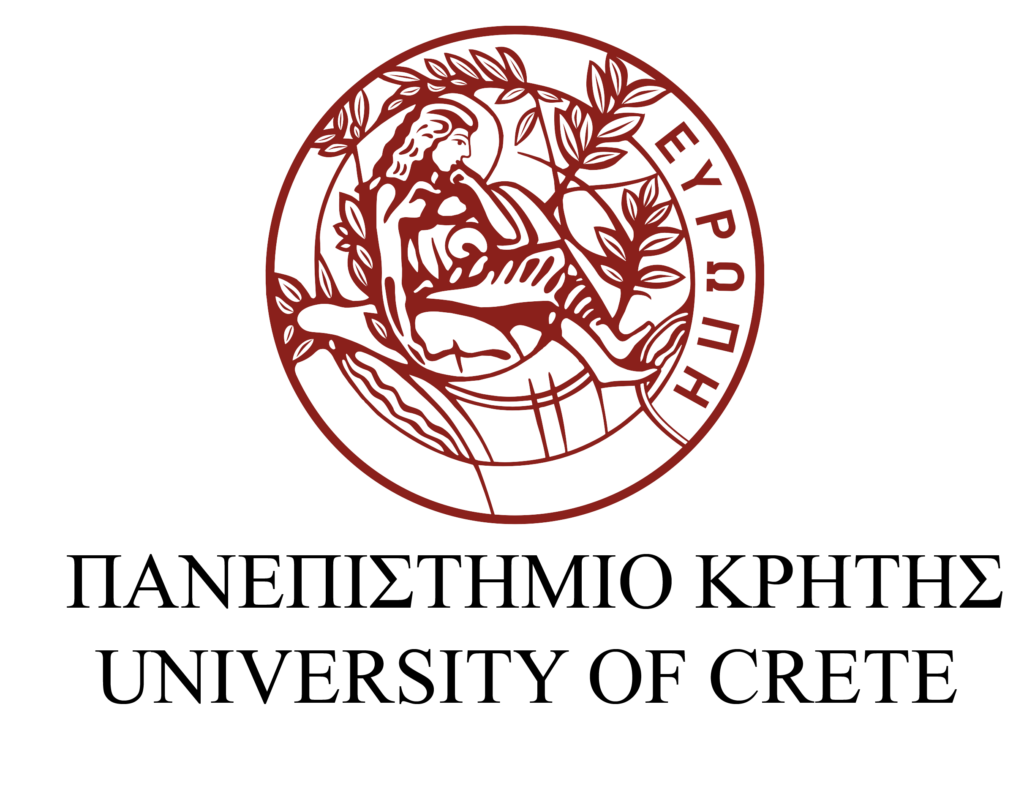UNIVERSITY OF GRONINGEN – THE NETHERLANDS

The University of Groningen is an international research university in the north of the Netherlands, with an academic tradition dating back to 1614. Out of this tradition rose the first female student and the first female lecturer in the Netherlands, the first Dutch astronaut and the first president of the European Central Bank. Worldwide the University of Groningen belongs to the top 100. The university offers 180+ highly-ranked Bachelor’s, Master’s and PhD degree programmes across 11 faculties. It has a student population of over 30,000 students from 120+ countries.
The Faculty of Science and Engineering (FSE) offers a wide range of research and teaching programmes, from nanomaterials to astronomy, from mathematics to neurosciences, and from pharmacy to marine biology. Researchers pursue fundamental key questions while collaborating with partners from industry, the medical world and other realms of society. The Institute for Science Education and Communication serves as a bridge between these programmes and the society, as it provides the knowledge and tools to communicate this knowledge to the public and to design curriculum materials for schools. The Institute for Science Education and Communication is working on a research programme aimed at improving the teaching in mathematics and science education through various strategies and tools such as ICT and mobile technologies. Research projects are carried out in elementary, secondary and university education.
The Institute for Science Education and Communication works closely with Science LinX, the in-house science center of the Faculty of Science and Engineering. Science Linx is active in upstream and downstream engagement. To that aim, it develops science exhibitions for the faculty buildings and festivals, fosters dialogue activities and a series of programmes to stimulate STEM teaching. Science LinX coordinates the regional schools network (Netwerk Noord), involving 5000+ students, 300+ teachers and about 40 schools. These networks offer different teacher professionalization activities and many science education activities for students. With a fresh and tailor-made approach it facilitates continuous learning across borders of science, education, work and civil society. Each year Science LinX involves some 50.000 visitors in its activities.
CENTRE FOR ADVANCEMENT OF RESEARCH AND DEVELOPMENT IN EDUCATIONAL TECHNOLOGY LTD (CARDET) – Cyprus
CARDET is a non-profit, research and development organization based in Cyprus, affiliated with the University of Nicosia, the largest private university in Cyprus. Our mission is to inspire next generation education, and promote research, innovation and development through evidence-based practices, cutting-edge research, and empowered people. It is one of the premier social justice oriented organizations in Cyprus with extensive experience developing and implementing programs focusing on migrants and integration. We are the founders of the Mediterranean Migration Network (www.migrationnetwork.org), which is funded by EU Solidarity funds, with more than 150 organizations as members from EU and the world. CARDET is also the Cyprus Focal Point of the European Website on Integration and the Cyprus partner for Migrant Integration Policy Index Project (MIPEX). Moreover CARDET completed more than 12 projects on issues related to migration and integration, under the Solidarity Funds and the Lifelong Learning Programs. In addition, CARDET is the Cyprus focal point of the Global Network “Social Watch”, with more than 200 member organizations, working in the fields of social justice and social integration. Furthermore, CARDET is a founder member of the Cyprus Platform for Non-Governmental Development Organizations, with more than 30 member organizations.

UNIVERSITY OF BOLOGNA – ITALY

The University of Bologna (UNIBO) is the oldest university in the Western world, founded in 1088. Nowadays, it is one of the most important institutions across Europe with around 86.000 enrolled students, 5 Schools, 32 research departments, 2800 academics and 3000 administrative staff. 3,600 graduates are enrolled in PhDs and other 3rd-cycle programmes.It is composed of 5 Campuses and a branch in Buenos Aires. UNIBO has been ranked in the top 200 on the two most prestigious international University rankings, considered the leading university in Europe for student mobility (Erasmus +). UNIBO is today the most internationalised of all Italian universities. The number of international students regularly enrolled is around 6300, while another 2000 arrive every year on international mobility programmes such as Erasmus+ and Overseas. The number of students who go abroad on exchange programmes or on study grants is more than 2,000. UNIBO has developed its Internationalization strategy named “ALMA GLOBAL 2020”, which is also summarized in the ECHE 2014-2020. Among its missions, UNIBO invests in a multidisciplinary cross-cultural approach and in the inseparable connection between research and teaching. Leading and participating in European research and academic cooperation projects, UNIBO has formed knowledge alliances with industry and public/private organizations. It is a hub of international networks.
UNIBO paves the way for innovation through an increasingly rich programme catalogue, cutting- edge research and a constant and increasingly broad international perspective. An active portfolio of over 370 patents, related to more than 140 inventions. Research and Innovation are priorities of the University mission. More than 20 patented plant varieties, 80% of which with active licenses with geographic coverage in countries in different parts of the world. 31 spin-off companies up to 2017 and can also count Almacube as a business incubator that managed 15 incubated companies in 2017.
UNIVERSITY OF CRETE – GREECE
The University of Crete is a multi-disciplinary, research-oriented public educational institution. Located at campuses in Heraklion and Rethymnon on the island of Crete, a site rich in ancient and modern Mediterranean cultures, the University offers a vibrant social and intellectual environment for research and education. Established in 1973, the University accepted its first students in 1977-78. It now has 16 Departments in 5 Schools (Philosophy, Education, Social Sciences, Sciences & Engineering, and Medicine) as well as a number of affiliated institutions, including the Skinakas Observatory, the Natural History Museum, and the University General Hospital. Currently, over 16,000 undergraduates and 2500 postgraduate students are registered here. They are educated by an outward looking academic faculty of around 500 members, supported by adjunct lecturers, post-doctoral researchers, and laboratory instructors as well as around 300 technical and administrative staff.
The international orientation of the University is reflected in its track record of collaborations with many of the leading research and educational institutions in Europe and worldwide as well as active promotion of mobility and exchange programmes. Research and research training at all levels benefits also from the close collaboration between many of the University’s research groups with the Institutes of the Foundation for Research and Technology – Hellas (FORTH) and the Institute of Marine Biology & Genetics (IMBG).Research and research training activities at the University are organized along the lines of the Divisions within each Department. Research activity follows the classic academic model insofar as it is driven by the initiatives of scholars and scientists in developing their own curiosity-driven or practice-based projects or working in collaboration with other research groups. These collaborations mirror the increasingly multidisciplinary and interdisciplinary character of both basic and applied research, which is also reflected in the interdisciplinary character of many of the University’s postgraduate studies programmes.

UNIVERSITY OF SOUTH BOHEMIA IN ČESKÉ BUDĚJOVICE – CZECH REPUBLIC

University of South Bohemia in České Budějovice (USB) is a modern public university located in České Budějovice in the Czech Republic. It offers a unique experience in a broad range of study programmes and educates nearly 9.000 students at 8 different faculties in more than 220 programmes including bachelor’s & master’s degrees as well as doctoral programmes. The University of South Bohemia was founded in 1991, following a long tradition of educating teachers and university experts in various fields of agricultural production, theological studies and the tradition of fish farming and fisheries. The University originally consisted of two faculties – the Faculty of Education (a branch of the Faculty of Education at the Charles University since 1948, later an independent faculty) and the Faculty of Economics and Management (a part of the University of Agriculture in Prague since 1960). The Faculties of Biology, Theology and Health & Social Sciences, founded later, quickly became the cornerstones of the University. The Faculty of Arts was established in 2006 and the Faculty of Economics just one year later. The original Faculty of Biology was replaced by the Faculty of Science in 2007 and the Faculty of Fisheries & Protection of Waters was founded in 2009. However, the University remains committed to improving the education and research offered and the history will most certainly continue to be written in the future. The university’s research is of top quality as evidenced by major publications and scientists from the University of South Bohemia publish the results of their work in the most prestigious scientific journals such as Nature, Science and PNAS. They have also received much international recognition and awards. On 22nd July 2019 the USB received the HR AWARD certification.
The USB is proud to be a top-quality science & research centre specialising in education and research in natural, human, health and social sciences. The USB proves its high standard by passing strict criteria of prestigious international rankings such as QS or THE. In THE Young University Rankings 2020, the University of South Bohemia placed in the 201-250th place globally and in the 1st place in the context of higher education institutions from the Czech Republic. Such an excellent result is a sign that the University of South Bohemia in České Budějovice is building on its successes in the THE World University Rankings, where the University scored not only in the global ranking (801-1000th), but also in the regional ranking THE Emerging Economies University Rankings (201-250th) and subject rankings “Life Sciences”
(301-400th) and “Clinical, pre-clinical & health” (601+ place). In the QS University Rankings EECA, the USB achieved the 123rd place.
The Faculty of Education is the biggest faculty of USB. The students are allowed to study any type of study programmes, i.e. bachelor degree (Bc.) programmes, one „long-term“ master (Mgr.) degree programme as well as the follow-up master degree and doctoral (Ph.D.) degree programmes, namely: Bachelor degree studies in the Specialization in Pedagogy study programme; several bachelor degree studies for non- teachers; Follow-up master degree studies in the Primary School Teaching study programme; Follow-up master degree studies in the Secondary School Teaching study programme; Master degree study in the Primary School Teaching study programme, field of study: Teaching for the First Level of Primary School. Moreover, the Faculty of Education offers a variety of shorter courses in its lifelong education programme.

